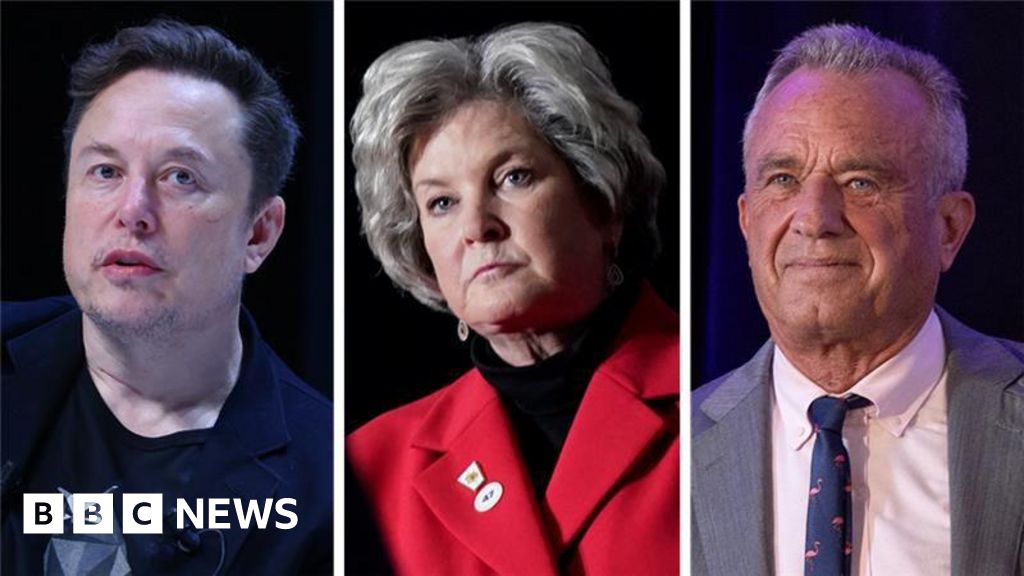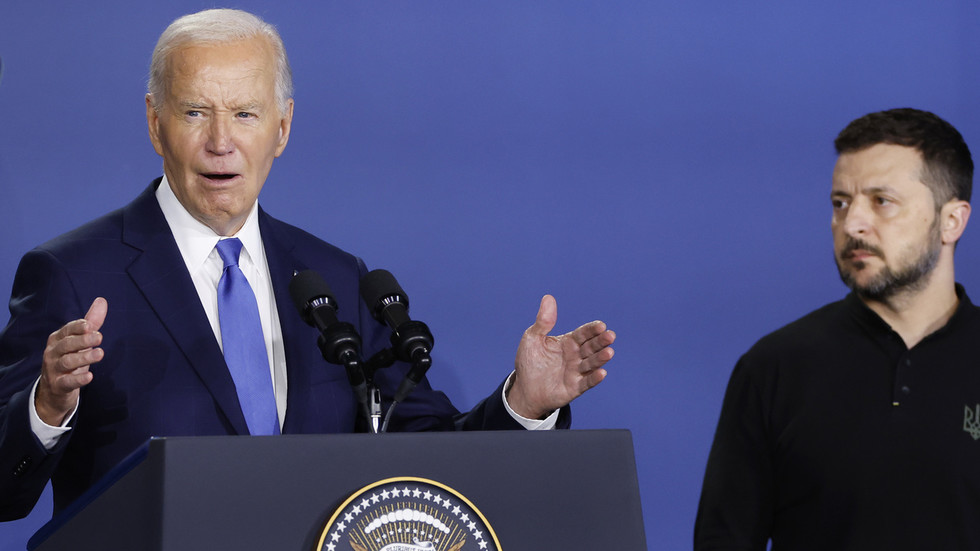
Sign up for the daily Inside Washington email for exclusive US coverage and analysis sent to your inbox
Get our free Inside Washington email
Vice President Kamala Harris drew both laughter and applause when she dropped the “f-bomb” while delivering a speech about the importance of representation to a group of Asian-American activists.
Ms Harris, whose mother was an Indian immigrant to the US and whose father was from Jamaica, is the first woman, the first Asian-American and the first African-American person to serve as Vice President.
She was roughly 12 minutes into a conversation with comedian Jimmy Yang at the Asian Pacific American Institute for Congressional Studies annual legislative summit in Washington DC on Monday, when her language turned a bit blue as she offered advice to the gathering of activists and advocates about being the “first” in a given position.
Mr Yang had asked the vice president what it means to her to be the first vice president of Asian descent and how her heritage has informed her views and roles as a leader.
Ms Harris responded by recalling advice from her mother, who she said had once told her: “Don’t you ever let anybody tell you who you are — you tell them who you are.”
She went on to tell attendees not to burden themselves with “other people’s limited ability to see” what they’re capable of”.
Then, in a somewhat out of character moment, she dropped the f-bomb.
“Sometimes people will open the door for you and leave it open,” she said. “Sometimes they won’t and then you need to kick that f***ing door down!”
Her comment prompted laughter from attendees.
The vice president went on to tell attendees that she considered the late Supreme Court Justice Thurgood Marshall — the first African-American to serve on the high court — one of her “mentors” even though she never met Marshall, who retired from the court in 1991 and passed away two years later.
She said Marshall “understood the importance of translating the passion from the streets to the courtrooms of America to make real the promise of America”.
Ms Harris described the Supreme Court’s overturning of Roe v Wade in 2022 – a move that ended a half-century of legal federal abortion rights in the US – as a departure from the jurisprudence of “the Court of Thurgood and RBG” because it “just took a constitutional right that had been recognised from the people of America from the women of America”.
She added: “And thereafter in state after state laws are being proposed and passed that will criminalise health care providers, punish women, some make no exception even for rape or incest ... over the last few years this issue and the way it has played out has resulted in real and profound harm to real people on a daily basis.”

 5 months ago
19
5 months ago
19









